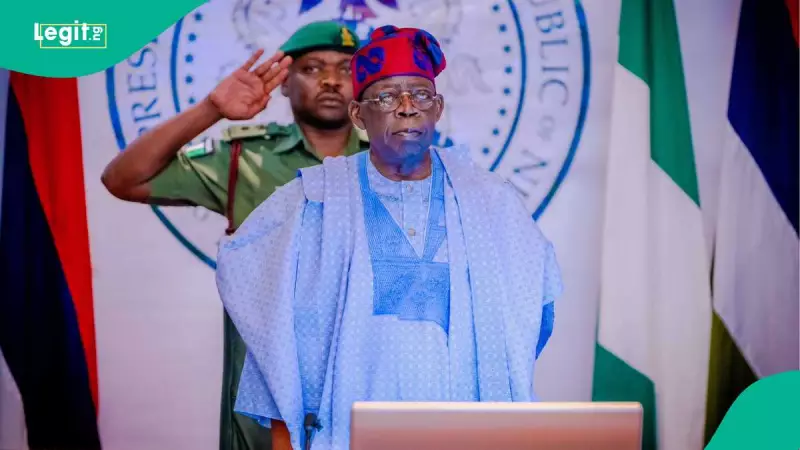
In a significant move that has generated widespread excitement across the nation, President Bola Ahmed Tinubu has unveiled five crucial appointments to key government agencies. This latest development marks another strategic step in the administration's ongoing efforts to strengthen governance and drive national development.
Complete Breakdown of New Appointments
The presidential appointments cover vital sectors of the economy and public service, bringing fresh leadership to institutions critical to Nigeria's growth and stability.
National Emergency Management Agency (NEMA)
Mrs. Zubaida Umar has been appointed as the new Director-General of NEMA, bringing her extensive experience to bear on the country's emergency response and disaster management efforts. Her appointment comes at a crucial time when effective emergency management is increasingly important for national security.
Niger Delta River Basin Development Authority (NDRBDA)
Mr. Tolulope Adewole now assumes the role of Managing Director at NDRBDA, where he will oversee water resource management and agricultural development in the vital Niger Delta region. His expertise is expected to drive sustainable development in this crucial economic zone.
Additional Strategic Appointments
The presidential announcement also included several other key positions:
- New Executive Directors for the NDRBDA
- Updated leadership across multiple government agencies
- Strategic placements aimed at enhancing service delivery
Strategic Implications for National Development
These appointments demonstrate President Tinubu's commitment to placing competent professionals in positions where they can make meaningful impacts on national development. The careful selection of appointees with relevant expertise suggests a focused approach to addressing Nigeria's most pressing challenges.
The restructuring of leadership in these agencies is expected to bring renewed vigor to government operations, particularly in areas concerning emergency response, regional development, and resource management. Many political analysts see this as part of a broader strategy to optimize government performance and deliver on campaign promises.
As the new appointees settle into their roles, Nigerians await the tangible outcomes of these strategic placements with optimistic anticipation, hoping for improved service delivery and enhanced governance across the affected sectors.





